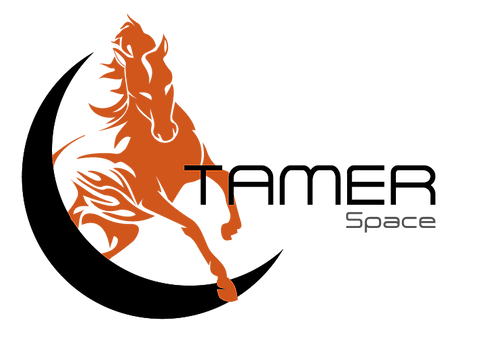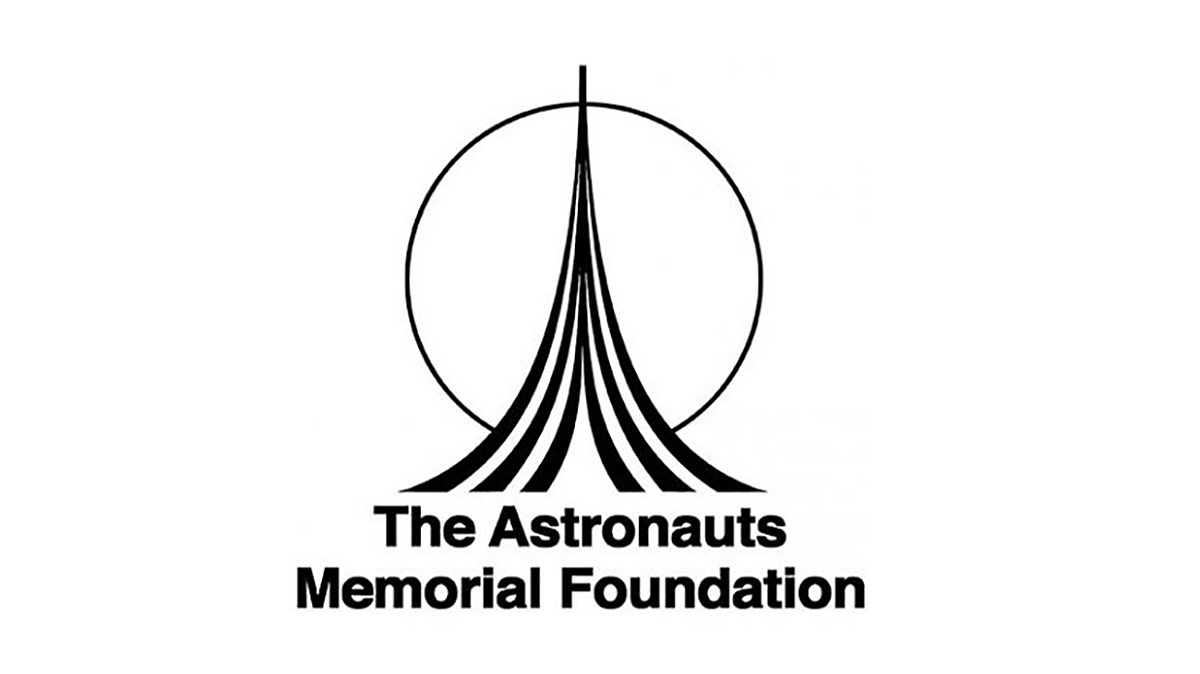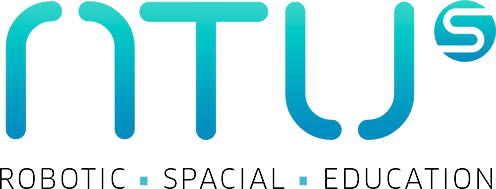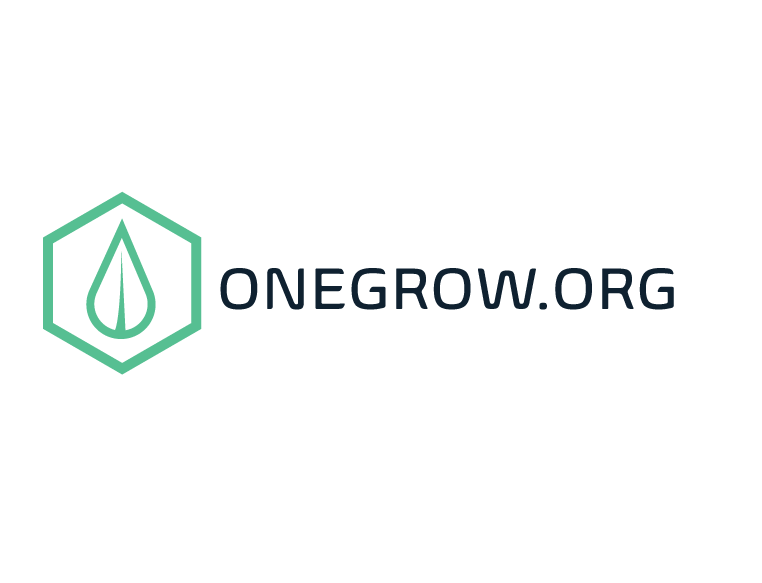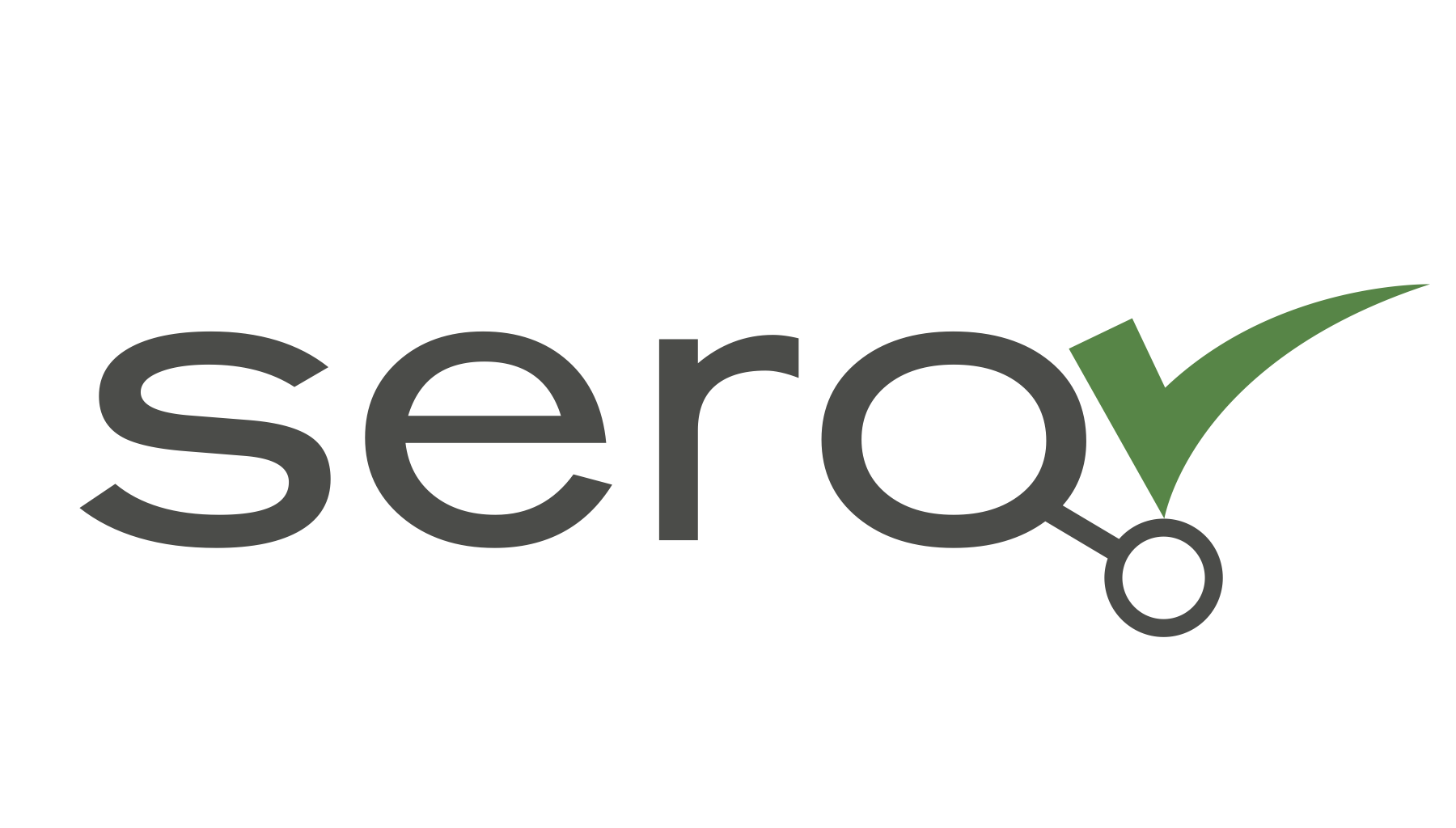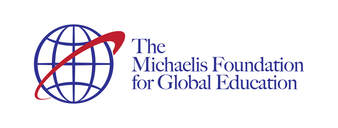Location
405 State Road. Kennedy Space Center Visitor's Complex, Florida
Speakers
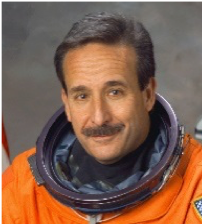
9h30 - 10h00 Introduction to the Epic Challenge Program and the ICED Methodology
Dr. Charles Camarda
Dr. Charles Camarda retired from NASA in May 2019, after 46 years of continuous service as a research engineer and technical manager at Langley Research Center (LaRC), an Astronaut and Senior Executive (Director of Engineering) at Johnson Space Center (JSC), and as the Senior Advisor for Innovation and Engineering Development at LaRC. He began his career at LaRC in 1974 where he conducted thermal structures research for hypersonic vehicles for 22 years. He was selected as an Astronaut Candidate in 1996 and flew as a Mission Specialist on STS-114, NASA’s Return-to-Flight (RTF) mission immediately following the Columbia disaster. He is an inventor, author, educator, and internationally recognized invited speaker on subjects related to engineering, engineering design, innovation, safety, organizational behavior, and education. He has over 60 technical publications, holds 9 patents, and over 20 national and international awards. Dr. Camarda is the Founder/CEO of the Epic Education Foundation, a 501(c)3 nonprofit corporation seeking to democratize education for learners at all levels and he is the President of an aerospace engineering and education consultancy, Leading Edge Enterprises LLC.
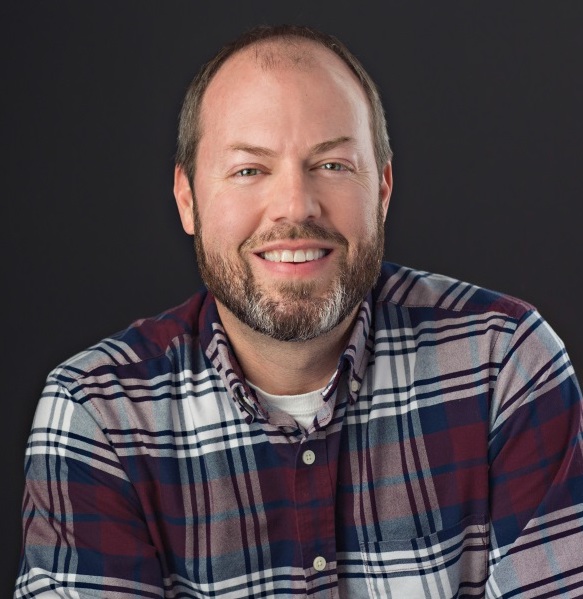
10h00 - 10h30 Robotic Mining and Construction on the Moon
Mr. Kurt Leucht
Kurt used to be quiet and shy as a child. But he found his voice along with his passion while working in the NASA Swamp Works lab on software for robots and other systems that could someday help us live off the land on Mars during manned exploration missions. He started at NASA’s Kennedy Space Center 28 years ago as a young college intern and then graduated to electronics failure analysis investigator. Then he worked as a software developer and tester for several command and control systems and advisory systems. Now he performs exploration research and technology development for NASA. That’s tech-speak for preparing the way for humans to live on Mars!
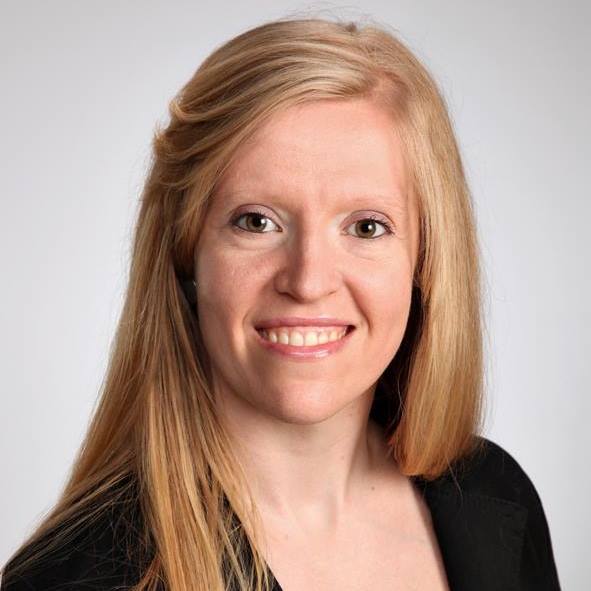
10h30 - 11h00 Epic Challenge Introduction
Dr. Ana Gebejes
Lorem ipsum dolor sit amet, consectetur adipisicing elit, sed do eiusmod tempor incididunt ut labore et dolore magna aliqua. Ut enim ad minim veniam, quis nostrud exercitation ullamco laboris nisi ut aliquip ex ea commodo
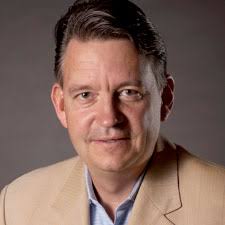
11h00 - 12h00 Systems Thinking and Creativity via Functional Decomposition
Olivier De Weck
Olivier de Weck is a Professor of Aeronautics and Astronautics and Engineering Systems at the Massachusetts Institute of Technology (MIT). He earned degrees in Industrial Engineering from ETH Zurich (dipl. Ing. ‘93) and Aerospace Systems from MIT (SM ’99, PhD ’01) where he is the faculty director of the Engineering Systems Laboratory (http://systems.mit.edu) and the Bernard M. Gordon MIT Engineering Leadership Program (http://gelp.mit.edu). His main research is in Systems Engineering with a focus on how complex technological systems are designed and optimized and how they evolve over time.
Important methodological contributions that his group has made to the modeling of complex systems in aerospace and other domains like water, energy, and transportation include Time- expanded Decision Networks (US patent 8,260,652), Generalized Multi-Commodity Network Flows (GMCNF), as well as software tools such as SpaceNet and HabNet. Prof. de Weck is particularly interested in the principles underlying so-called lifecycle properties, or “Ilities” of systems, that only become apparent once a system, product, or campaign has been fielded and operated for years, decades or even centuries. These properties of systems include, amongst others, manufacturability, maintainability, reliability, robustness, reconfigurability, flexibility, and more recently, sustainability. At MIT he teaches popular classes on related topics such as Systems Engineering, Satellite Engineering, Multidisciplinary Design Optimization, and Technology Roadmapping and Development. Besides MIT he holds visiting appointments at EPFL in Switzerland and Keio University in Japan.
He has authored or co-authored over 400 publications for which he has been recognized with twelve best paper awards since 2004. His award-winning book “Engineering Systems: Meeting Human Needs in a Complex Technological World” was the bestseller at the MIT Press in 2012, was recognized by the Association of American Publishers, and was translated to Japanese. He is a Fellow of INCOSE, an Associate Fellow of AIAA and a Senior Member of IEEE. He served as Editor-in-Chief for the journal Systems Engineering from 2013-2018. He and his group worked with NASA’s Office of Emerging Space to develop new commercial space technology roadmaps and he is a former Senior Vice President of Technology Planning and Roadmapping at Airbus where he was responsible for roadmapping a $1-billion R&D portfolio for the world’s largest aircraft manufacturer. His upcoming book on Technology Roadmapping and Development will be published by Springer-Nature in 2021.
His passion is to improve life on our home planet Earth through research and education in systems engineering, while paving the way for humanity’s future off-world settlements.
12h00 - 13h00 Space Mining Robots under development at Honeybee Robotics
Kris Zacny
Dr. Kris Zacny is VP of Exploration Systems at Honeybee Robotics. His interests include space mining, sample handling, soil and rock mechanics, extraterrestrial drilling, and In Situ Resource Utilization (ISRU). In his previous capacity as an engineer in South African underground gold, diamond, and coal mines, Dr. Zacny managed numerous mining projects and production divisions. This hands-on experience related to drilling and mining became invaluable in developing such technologies for space. Dr. Zacny received his PhD (UC Berkeley, 2005) in Geotechnical Engineering with an emphasis on Extraterrestrial Drilling and Mining, ME (UC Berkeley, 2001) in Petroleum Engineering with emphasis on Drilling and Materials Science, and BSc cum laude (U. Cape Town, 1997) in Mechanical Engineering. He participated in several Antarctic, Arctic, Atacama, and Greenland expeditions. Dr Zacny has approx. 200 publications and five NASA Group Achievement Awards.

13h00 Working and Learning in Teams
Dr. Charles Camarda & Dr. Ana Gebejes
Dr. Charles Camarda retired from NASA in May 2019, after 46 years of continuous service as a research engineer and technical manager at Langley Research Center (LaRC), an Astronaut and Senior Executive (Director of Engineering) at Johnson Space Center (JSC), and as the Senior Advisor for Innovation and Engineering Development at LaRC. He began his career at LaRC in 1974 where he conducted thermal structures research for hypersonic vehicles for 22 years. He was selected as an Astronaut Candidate in 1996 and flew as a Mission Specialist on STS-114, NASA’s Return-to-Flight (RTF) mission immediately following the Columbia disaster. He is an inventor, author, educator, and internationally recognized invited speaker on subjects related to engineering, engineering design, innovation, safety, organizational behavior, and education. He has over 60 technical publications, holds 9 patents, and over 20 national and international awards. Dr. Camarda is the Founder/CEO of the Epic Education Foundation, a 501(c)3 nonprofit corporation seeking to democratize education for learners at all levels and he is the President of an aerospace engineering and education consultancy, Leading Edge Enterprises LLC.

14h00 - 14h30 Creativity, Innovation, and Complex Problem Solving
Dr. Charles Camarda, Sven Bilen, Yen
Dr. Charles Camarda retired from NASA in May 2019, after 46 years of continuous service as a research engineer and technical manager at Langley Research Center (LaRC), an Astronaut and Senior Executive (Director of Engineering) at Johnson Space Center (JSC), and as the Senior Advisor for Innovation and Engineering Development at LaRC. He began his career at LaRC in 1974 where he conducted thermal structures research for hypersonic vehicles for 22 years. He was selected as an Astronaut Candidate in 1996 and flew as a Mission Specialist on STS-114, NASA’s Return-to-Flight (RTF) mission immediately following the Columbia disaster. He is an inventor, author, educator, and internationally recognized invited speaker on subjects related to engineering, engineering design, innovation, safety, organizational behavior, and education. He has over 60 technical publications, holds 9 patents, and over 20 national and international awards. Dr. Camarda is the Founder/CEO of the Epic Education Foundation, a 501(c)3 nonprofit corporation seeking to democratize education for learners at all levels and he is the President of an aerospace engineering and education consultancy, Leading Edge Enterprises LLC.

15h00 - 15h30 Decision Making/Evaluation
Dr. Ana Gebejes
Lorem ipsum dolor sit amet, consectetur adipisicing elit, sed do eiusmod tempor incididunt ut labore et dolore magna aliqua. Ut enim ad minim veniam, quis nostrud exercitation ullamco laboris nisi ut aliquip ex ea commodo
Schedule
Lorem ipsum dolor sit amet, consectetur adipisicing elit, sed do eiusmod tempor incididunt ut labore et dolore magna aliqua. Ut enim ad minim veniam.
| Time | Slot | Description |
|---|---|---|
| 8h00 - 8h30 | Introduction and Opening Remarks (Dr. Charles Camarda, Founder/CEO EEF) | Introduction of Thad Altman, President The Astronaut Memorial Foundation, Recognition of some of our key sponsors and partners |
| 9h15 - 9h30 | Introduction of some of our key partners for the event | - |
| 9h30 - 10h00 |  Introduction to the Epic Challenge Program and the ICED Methodology
Epic Education Foundation, CEO
Introduction to the Epic Challenge Program and the ICED Methodology
Epic Education Foundation, CEO | Space Shuttle Astronaut and Epic Education Foundation CEO, Dr. Charles Camarda, will give a brief overview of the Innovative Conceptual Engineering Design (ICED) methodology which he developed to teach NASA engineers and scientists how to collaboratively work on teams to solve some of the most daunting and complex engineering challenges they were struggling to solve. The ICED methodology has been matured and proven over the past 10 years, to not only solve internal NASA challenges, but the pedagogy has evolved to include student teams that have successfully solved challenges NASA is still struggling with, like the design of a land landing capability for space capsules. The vision for how to inspire, motivate, and engage students; transform education using experiential, problem-based learning; and the integration of educators and students at multiple educational levels in the Epic Challenge Program will be presented. |
| 10h00 - 10h30 |  Robotic Mining and Construction on the Moon
NASA, KSC
Robotic Mining and Construction on the Moon
NASA, KSC | Lorem ipsum dolor sit amet, consectetur adipisicing elit, sed do eiusmod tempor incididunt ut labore et dolore magna aliqua. Ut enim ad minim veniam, quis nostrud exercitation ullamco laboris nisi ut aliquip ex ea commodo |
| 10h30 - 11h00 |  Epic Challenge Introduction
Epic Education Foundation, CLO
Epic Challenge Introduction
Epic Education Foundation, CLO | Educator teams, First assignment over lunch |
| 11h00 - 12h00 |  Systems Thinking and Creativity via Functional Decomposition
MIT
Systems Thinking and Creativity via Functional Decomposition
MIT | Systems Thinking and Creativity via Functional Decomposition will be discussed using Object Process Methodology |
| 12h00 - 13h00 | 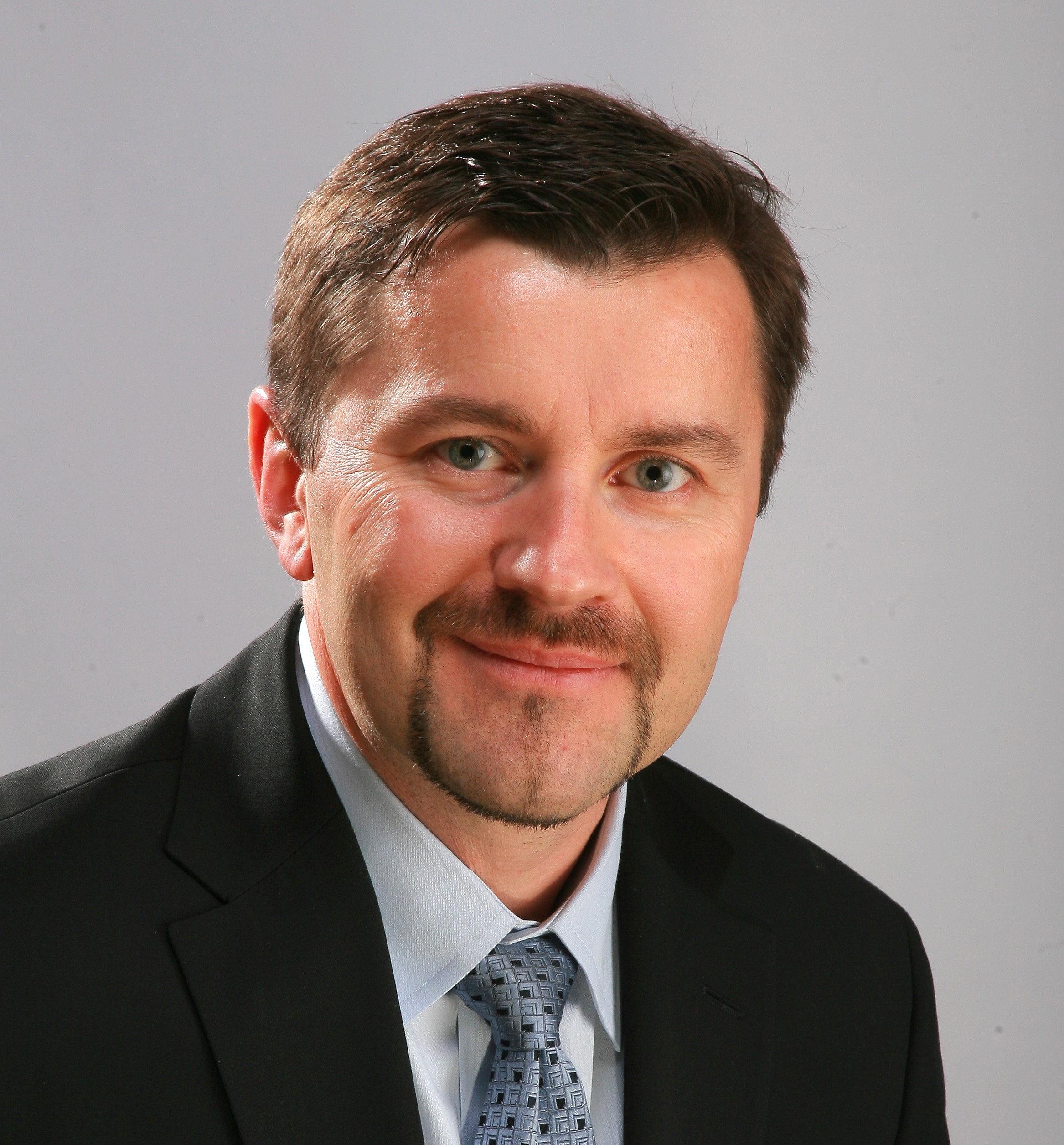 Space Mining Robots under development at Honeybee Robotics
Honeybee Robotics
Space Mining Robots under development at Honeybee Robotics
Honeybee Robotics | This presentation will cover several concepts of space mining robots designed to Mine the Sky and Touch Life. Under the “Mine the Sky” theme, the robots are designed for the purpose of In Situ Resource Utilization (ISRU) i.e. mining local resources to enable human stay. A good example of such a robot is a TRIDENT ice mining drill that will penetrate into cryogenic ices of the Moon as part of the NASA’s VIPER rover. Under the “Touch Life” theme, the robots are designed to search for past or present life in the Solar System. A good example of such a robot is SLUSH – a nuclear powered probe designed to penetrate 15 km of Europa ice and reach its ocean. Additional examples will be provided to demonstrate unorthodox mining techniques that would cut down on mass, volume, and power. |
| 13h00 |  Working and Learning in Teams
Epic Education Foundation
Working and Learning in Teams
Epic Education Foundation | Work in complex government organizations and commercial companies is done in teams. Everything that happens, success and failure, is the result of how these teams function, how they conduct work, and how the individual members support one another. One of the key themes of the Epic Challenge Program is the importance of building and sustaining high performing teams (HPTs). The new “science of teams” is utilized to teach students and educators how to create, nurture, and sustain HPTs. How to build successful diverse teams of students and create a psychologically-safe environment where the “magic”/synergy happens and the collective intelligence and creativity of the team soars, is critical to developing innovative solutions to epic challenges. Students in the Epic Challenge Program have an opportunity to learn and enhance their collaboration and teamwork skills as they explore different roles and responsibilities on various teams. |
| 13h00 - 14h00 | Team Assignment (Experiment #1) | - |
| 14h00 - 14h30 |  Creativity, Innovation, and Complex Problem Solving
Epic, Penn State, Georgia Tech
Creativity, Innovation, and Complex Problem Solving
Epic, Penn State, Georgia Tech | Lorem ipsum dolor sit amet, consectetur adipisicing elit, sed do eiusmod tempor incididunt ut labore et dolore magna aliqua. Ut enim ad minim veniam, quis nostrud exercitation ullamco laboris nisi ut aliquip ex ea commodo |
| 14h30 - 15h00 | Team Assignment (Experiment #2) | - |
| 15h00 - 15h30 |  Decision Making/Evaluation
Epic Education Foundation, CLO
Decision Making/Evaluation
Epic Education Foundation, CLO | Lorem ipsum dolor sit amet, consectetur adipisicing elit, sed do eiusmod tempor incididunt ut labore et dolore magna aliqua. Ut enim ad minim veniam, quis nostrud exercitation ullamco laboris nisi ut aliquip ex ea commodo |
| 15h30 - 16h00 | Team Assignment (final preparations for tomorrows trials) | - |
| 16h00 - 16h30 | Closing thoughts, day’s wrapup | - |

